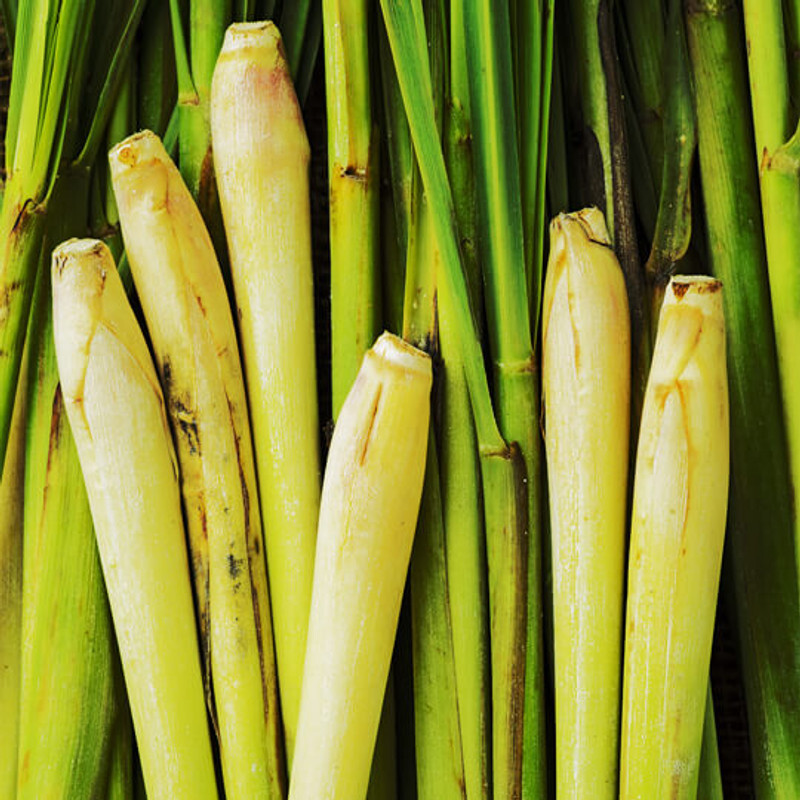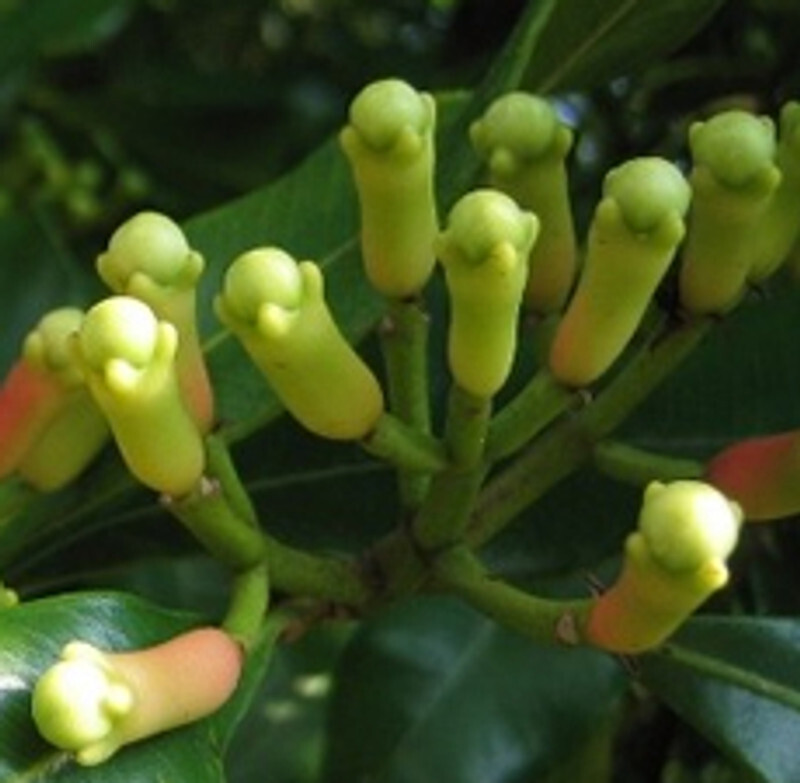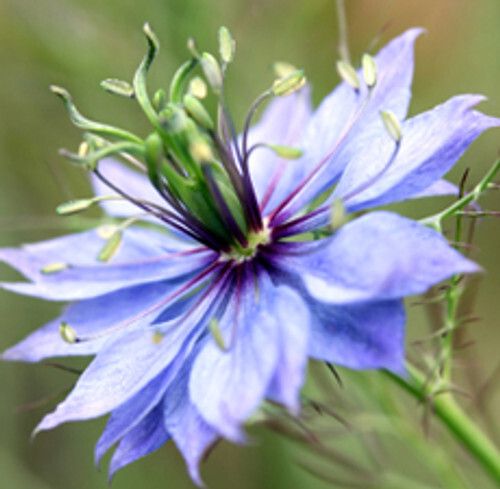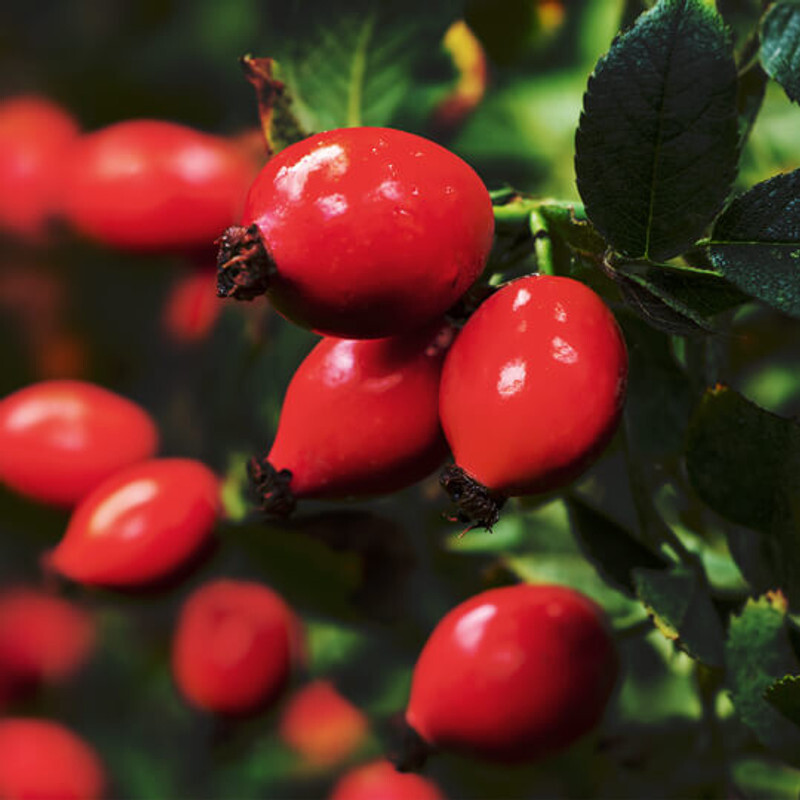August 2023
The August 2023 Market Report features comprehensive insights on the month's most in-demand essential oils and carrier oils. According to our findings, the demand for Lemongrass Essential Oil is noticeably lower than the supply. Market conditions are stable for the Indonesian and Indian varieties of Clove Bud Essential Oils. Climate-related complications are affecting the soil quality for growing Litsea Cubeba, resulting in a decrease in supply and price. For carrier oils, virgin and organic varieties of Black Cumin Seed Oil are favorable as market demand increases. Rosehip Carrier Oil has also significantly increased in demand since last year due to its versatility in personal care formulations.
Continue reading to stay up to date on the latest industry trends from the experts at New Directions Aromatics.
Lemongrass Essential Oil
Lemongrass Essential Oil is known for its fresh, earthy, and citrusy scent as well as its astringent properties. It is steam distilled from the Cymbopogon flexuosus, a tall perennial grass grown in South India. Lemongrass is harvested every 3 months and is first cut after 4 months. Harvest is typically low during heavy monsoon and peak winter. The ideal weather conditions for growing lemongrass are warm and humid climates with sufficient sunshine and 250-330 cm rainfall per year. For a high crop yield, an average temperature between 20-30 degrees Celsius is recommended. Lemongrass thrives in well drained sandy loam soils, although medium fertile soils with moderate irrigation are also suitable. Calcareous and waterlogged soils are unsuitable for cultivation and thus should be avoided.
The current demand for Lemongrass Essential Oil is low compared to the supply. More than 3,000 hectares are under LG Cultivation in India, while 0.1 to 0.2% The crop is abundant with very good oil arrivals.
Clove Bud Essential Oil
Clove Bud Essential Oil is steam distilled from the buds of the Syzygium aromaticum L., a slender evergreen tree grown in India. Clove trees begin to yield seven to eight years after being planted, and the full bearing stage is reached after about 15 to 20 years. Harvest season takes place between September and October in the plains, and between December and January in the high altitudes. Buds are ready for harvest after 4 to 6 months, when they are less than 2 cm long. The buds also change in colour from green to slightly pink indicates the best time for picking. Since Syzygium aromaticum L. is a tropical tree, it requires a warm, humid climate with an average temperature of 20-30 degrees Celsius. An average rainfall of 150 to 250 cm is also essential for clove bud growth. Deep black loam soil that is rich in humus is best suited for growing clove, although the crop can tolerate laterite soils, clay loams, and rich black soils with good drainage.
There are no significant challenges facing cultivation this year for Clove Bud Essential Oil. The market for cloves is firm due to the gap between availability and demand being relatively close. This year's harvest yield for Clove Bud Oil is expected to be slightly lower than that of last year.
Clove Bud (Indonesia) Essential Oil
Indonesian Clove Bud Oil is steam distilled from the buds of the Syzygium aromaticum L. evergreen tree. Harvest takes place during the dry season between the months of May and September. The clove tree grows best when cultivated in fertile land at 300-600 m asl in a humid, tropical climate. Medium rainfall intensity is preferred for optimal growth. The flower typically blooms during the rainy season, while the bud is ripe and ready for harvest during the dry season.
Cloves require 5-7 years to mature, then the tree will be able to produce its buds every 6 months. The market demand for Clove Bud Essential Oil is relatively stable, and is predicted to increase following the rainy season. The market conditions are also stable and at a high level due to the prolonged rainy season. The lower yield and lower Eugenol and Eugenyl Acetate content increased the production cost at the farmer's level.
Litsea Cubeba Essential Oil
Litsea Cubeba Essential Oil is steam distilled from the fruit of the Litsea Cubeba, a wild planted crop grown in China. Harvest takes place between July and August annually. Litsea Cubeba thrives in warm, tropical climate conditions and grows best when planted in southern hilly and mountainous areas.
Since Litsea Cubeba is wild planted, it can tolerate a variety of growing conditions. The crop was overharvested last year; therefore, this year's output is estimated to be around 800 tons. The market demand for Litsea Cubeba Essential Oil is weak due to economic turndown, and the price has been decreasing. This drop in price is expected to stop before production season begins.
Black Cumin Seed Carrier Oil - Virgin
Black Cumin Seed Carrier Oil is unprocessed and cold pressed from the Nigella sativa seeds grown in Israel. Harvest takes place between July and August. The ideal weather conditions for growing black cumin seeds include rainy springs and dry summers. This year's projected harvest yield is similar to that of last year's. The current market conditions for Black Cumin Seed Oil are favorable and the market demand is increasing.
Black Cumin Seed Organic Carrier Oil
Black Cumin Seed Organic Carrier Oil is cold pressed from organically grown Nigella sativa L. seeds. Characteristic of Israel, its origin country, Nigella sativa L. requires rainy springs and dry summers to thrive. Harvest season takes place between July and August. Similar to that of its conventional counterpart, the market demand for Organic Black Cumin Seed Oil is increasing. The market conditions are also favorable, and the projected harvest yield is expected to be similar to that of last year.
Rosehip Carrier Oil - Extra Virgin
Known for its high Vitamin E and essential fatty acid content, Rosehip Carrier Oil is a staple ingredient in the natural personal care industry. It is cold pressed from the Rosa canina seeds grown in Turkey. Harvest season takes place between September and October, while cultivation is provided without the use of fertilizers. Rosehip seeds grow best in cool areas with generous amounts of rainfall. Winter temperatures range between 5 and 6 degrees Celsius, while summer temperatures vary between 20 and 25 degrees Celsius. Rosa canina grows at an altitude of up to 500 meters. Due to climate change, the soil quality for rosehip seeds is experiencing a noticeable decline, and the projected harvest yield is 10% lower than that of last year.
The market demand for Rosehip Seed Carrier Oil has been on the rise, with the current demand being 15% greater than that of 2022.





